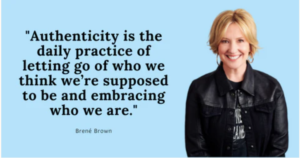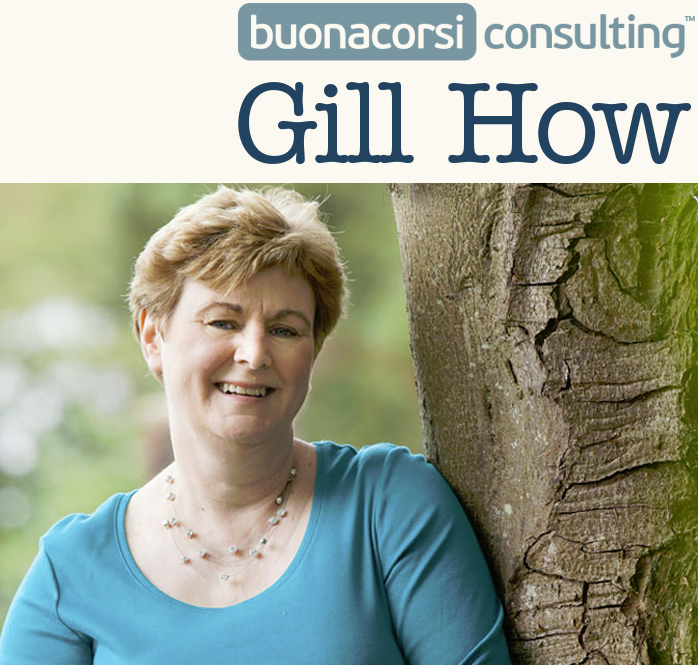
I used to think that authenticity was static and a noun. I can now see that it is a verb, and a future focussed, useful one too.
In the past I have often been described as authentic, as someone with integrity. Whilst this sounded good, I didn’t really know what people meant by saying this to me, nor did I know what authenticity meant to me.
I would have guessed it was similar to being real. That what you said and what you did were the same. Your words and actions were aligned.

“Be yourself; everyone else is taken” Oscar Wilde
Lightbulb Number 1.
It’s obvious now though, that I was thinking about authenticity with a rear view mirror perspective. I was using my concept of authenticity to make sense of the past.

Looking backwards, not forwards
I was failing to see the potential of authenticity as a forward thinking, planning, decision making tool; and as a guide and a resource to help me.
In Professor Stephen Joseph’s book “Authentic: How to be yourself and why it matters”, he talks about authenticity as being true to yourself in each and every moment.
Lightbulb Number 2.
Being the author of my own life, which is how Carl Jung defines authenticity, is an active process.
Sometimes this can be about putting down external expectations, particularly those which do not feel true to us and can unhelpfully drive what we become.

More recently though, as part of the Positive Psychology movement, it’s about calling on and allowing our strengths to flourish, our innate capacities which can help us thrive.
Here’s a personal example of this. After completing my MBA, I spent a year applying for roles in Mergers & Acquisitions and Venture Capital. I thought that was what I was supposed to do.
Strangely enough, I was unsuccessful with this.
Once I came back to being me though, as someone innately curious about leadership and change, my career took off again with a new path with Digital Equipment. Here I loved taking my part in global programmes and rollouts.
Lightbulb Number 3.
There is a way to put this into practice. Joseph talks about a three step authenticity formula:

In his book there are plenty of examples and exercises on how to master each of these steps.
These will help you to master the skills needed with authenticity, including self awareness, emotional intelligence, assertiveness, communication and prioritisation.
Joseph’s formula may help you see how everything fits together.
And in my experience, once you can see a way forward using your authenticity, it can be easier to do.

Living authentically allows me to prioritise time with my daughter. This is Park Güell, Barcelona last week.
Gill How is an internationally recognised Leadership Developer delivering programmes globally which enable senior managers, executives and professionals step into their strategic leadership capability and stretch their strengths. She is a Fellow of the Association for Coaching, a Team Facilitator and Strengths Expert. She founded an EDI Bookclub+ to which ALL are welcome. If she can help you in developing the potential of the professionals and leaders in your organisation, get in touch:
Photo Credits: Pixabay




